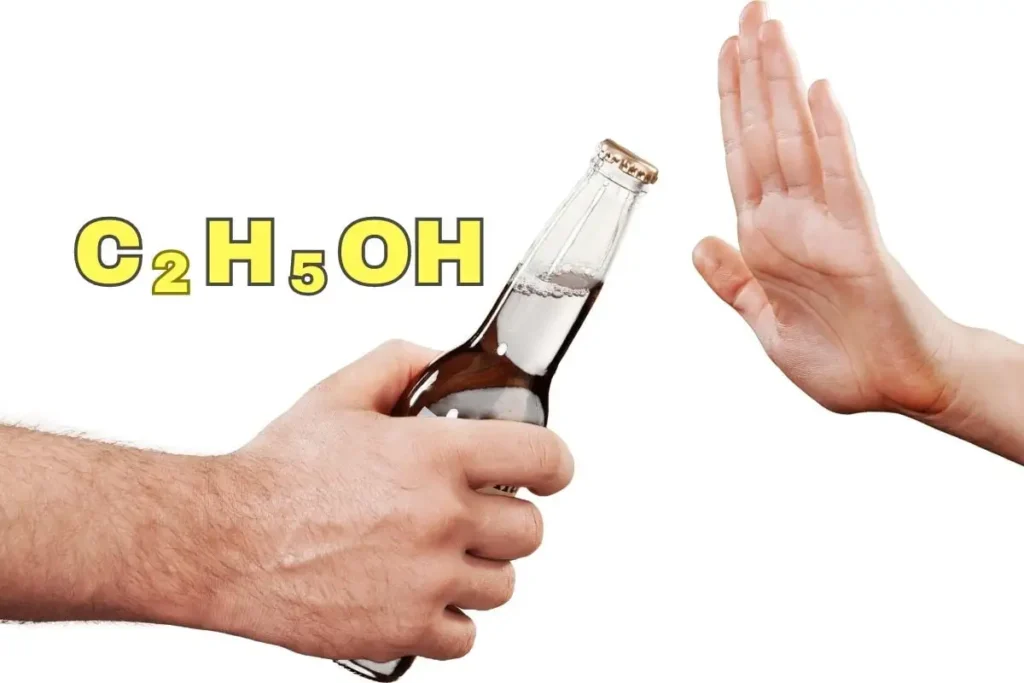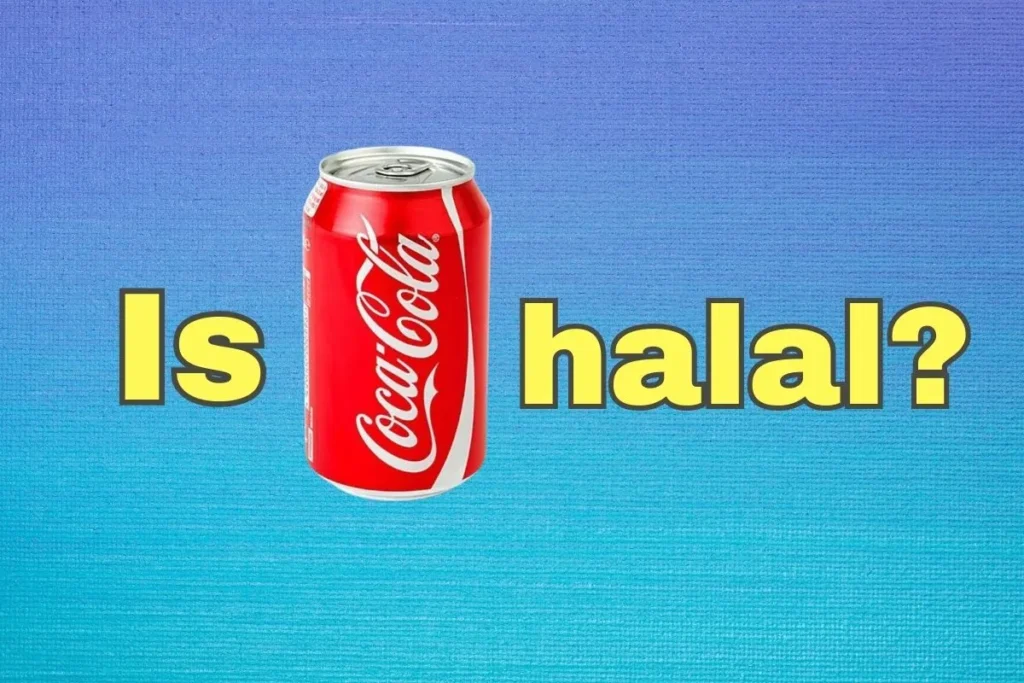If you’re someone who pays close attention to the food you consume, you might have come across the term E200. But what exactly is E200, and more importantly, is it halal or haram?
In this comprehensive guide, we will delve deep into the world of food additives, specifically focusing on E200, to provide you with all the information you need to make an informed choice about what you’re putting on your plate.
Key Takeaways
| 📌 E200 Overview: E200, known as sorbic acid, is a synthetic food additive widely used as a preservative in various processed foods to prevent the growth of mold, yeast, and fungi. |
| 📌 Safety: When used within recommended limits, E200 is considered safe for consumption, with regulatory bodies like the FDA and WHO establishing acceptable daily intake levels. |
| 📌 Halal Status: E200 is typically considered halal due to its synthetic origin and lack of animal-derived components. However, it’s essential to stay informed and be aware of personal sensitivities to additives. |
What is E200?
Let’s start by demystifying E200. E200 is the E-number assigned to sorbic acid, a common food additive found in a wide range of processed and packaged foods. But what does it do, and why is it used in our food?
Sorbic acid, or E200, is primarily used as a preservative. It helps prevent the growth of mold, yeast, and fungi in food products, thus extending their shelf life.
As a result, it’s a valuable tool in the food industry to ensure products remain safe and consumable for longer periods.
Chemical Structure

Understanding the chemical structure of E200 can shed light on its properties and uses. Sorbic acid, chemically represented as C6H8O2, consists of a chain of six carbon atoms, eight hydrogen atoms, and two oxygen atoms.
Its chemical structure plays a crucial role in inhibiting the growth of microorganisms, making it a dependable food preservative.
What Is E200 Made From?
E200 is synthesized rather than extracted from natural sources. It’s produced through chemical processes, typically involving the condensation of malonic acid with trans-crotonaldehyde.
The resulting product is then purified to obtain the sorbic acid used in various food products.
Possible Side Effects
When it comes to any food additive, safety is paramount. Are there any side effects associated with consuming products containing E200? To address this, we need to look at the scientific and regulatory information available.
Research and studies have shown that E200, when used within the recommended limits, is generally safe for consumption. The World Health Organization (WHO) and the U.S. Food and Drug Administration (FDA) have established acceptable daily intake levels for sorbic acid to ensure its safe usage in foods.
However, some individuals may be sensitive to E200 and experience mild allergic reactions or skin irritations. It’s essential to be aware of your own sensitivities and consult with a healthcare professional if you have concerns.
Regulations and Guidelines
E200 (sorbic acid) was considered safe by various regulatory bodies, including the FDA and WHO. However, regulations and guidelines can change over time. For the most current and region-specific information on E200, please refer to the official websites of the FDA, WHO, or your local food safety authority.
When it comes to food additives like E200, regulatory bodies play a critical role in ensuring their safety and appropriate usage. The FDA sets strict guidelines for the use of sorbic acid in food products to protect consumers. These regulations specify the maximum allowable levels of E200 in different types of foods.
The exact regulations regarding E200 can vary from one country to another, so it’s important to check the specific guidelines provided by your local food safety authority to ensure compliance.
Dosage and Administration
The correct dosage and administration of E200 in food products are crucial to maintaining safety. Typically, the amount of E200 used in a specific food item is carefully calculated to ensure it serves its purpose as a preservative without exceeding the recommended limits.
The Acceptable Daily Intake (ADI) level for E200 or Sorbic Acid has been established by the European Food Safety Authority (EFSA) and the Joint FAO/WHO Expert Committee on Food Additives (JECFA).
The ADI is the amount of food additive, expressed on a bodyweight basis, that can be consumed daily over a lifetime without appreciable health risk.
The ADI level for E200 is expressed as milligrams of sorbic acid per kilogram of body weight per day (mg/kg bw/day). The ADI level for E200 is as follows:
- 11 mg sorbic acid/kg bw per day
- 3 mg sorbic acid/kg bw/day
The ADI level for E200 is based on a no observed adverse effect level (NOAEL) of 5% in the diet of rats in a long-term study, equivalent to 2,500 mg/kg bw/day.
The ADI level for E200 was established by applying a default uncertainty factor of 100. The acceptable daily intake (ADI) for E200-3 (Sorbic acid and its salts) is 200-300 mg/kg for most food products, with some exceptions such as sacramental grape juice (2000 mg/kg) and liquid tea concentrates (600 mg/kg).
Is E200 Halal or Haram?
Now, let’s address the question that brought you here: Is E200 halal or haram? To determine this, we need to examine the source of E200 and the guidelines provided by Islamic dietary laws.
What is the source of E200?
E200, or sorbic acid, is synthesized from chemicals and is not derived from animals. This is an essential factor in considering its halal status. Islamic dietary laws prohibit the consumption of certain animal-derived ingredients, so a food additive derived synthetically is generally more likely to be considered halal.
Is E200 safe for consumption?
The safety of E200 for consumption is not solely determined by its halal status but also by its adherence to food safety regulations.
As mentioned earlier, regulatory bodies like the FDA and WHO have assessed and approved E200 for use in foods within specified limits. As long as the recommended guidelines are followed, E200 is considered safe for consumption.
What are some common food products that contain E200?
E200 can be found in a wide range of food products, including but not limited to:
| Product | E200 Usage |
|---|---|
| Baked Goods | As a mold and yeast inhibitor |
| Processed Meats | As a preservative |
| Cheese and Dairy | To extend shelf life |
| Beverages | As a preservative |
| Salad Dressings | As a mold inhibitor |
| Canned Fruits | To prevent spoilage |
Please note that this list is not exhaustive, and E200 may be present in other food items as well.
Find out more:
Is E180 Halal or Haram?
Is E202 Halal or Haram?
Final Words
In conclusion, E200, or sorbic acid, is a food additive commonly used as a preservative in a variety of food products. It is typically considered halal due to its synthetic origin and lack of animal-derived components.
Moreover, when used within recommended limits, E200 is considered safe for consumption by regulatory bodies such as the FDA and WHO.
As with any dietary concerns, it’s advisable to stay informed about the latest regulations and guidelines in your region, as well as to be aware of your own sensitivities or allergies to food additives.
Allahu A’lam (Allah Knows Best)
FAQ
Here are some frequently asked questions about E200:
Is E200 natural or synthetic?
E200, or sorbic acid, is synthetically produced and is not derived from natural sources.
Is E200 safe for consumption?
E200 is considered safe for consumption when used within recommended limits and in accordance with food safety regulations.
What is the CAS number of E200?
The Chemical Abstracts Service (CAS) number for E200, or sorbic acid, is 110-44-1. This unique identifier is used for the systematic and unambiguous identification of chemical substances.
Are there any alternatives to E200 as a food preservative?
Yes, there are other food preservatives available, such as benzoic acid, citric acid, and ascorbic acid, which can serve as alternatives to
Is E200 banned in any country?
E200 was not banned in any country, and it was widely accepted for use in the food industry. However, regulatory decisions can change, and it’s essential to stay informed about the current status of E200 in your region.
- Is Pop Tarts Halal? What You Need to Know - February 18, 2024
- Are Graham Crackers Halal in Islam? - January 19, 2024
- Is Keebler Wheatables Halal? - January 18, 2024





